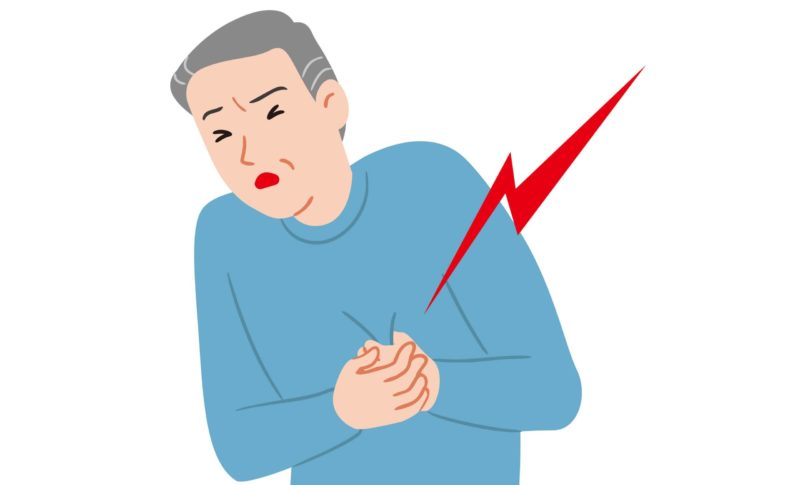A lot of research has been done on the role that rheumatoid arthritis (RA) plays in heart disease and, as a result, people with RA are learning more about the importance of taking extra care of their heart. But a new study examined what happens to people with RA after they have a heart attack, and the results indicate they may have a tough road ahead.
The study, which was published in the journal Rheumatology, analyzed data from the Care Register for Healthcare in Finland (CRHF) to assess how patients with and without RA fare after a heart attack. The researchers examined data on 1,614 rheumatoid arthritis patients who had heart attacks and compared them to more than 8,000 people who also had heart attacks but did not have RA. They looked the rates of deaths, as well as hospital admission for subsequent heart attacks and strokes following the patients’ initial stays, during a seven-year period.
Although people with RA initially fared as well as others after having a heart attack, things changed over time. The researchers found that the mortality rate among RA patients was 80 percent, compared to 72 percent for non-RA patients. Additionally, RA patients were significantly more likely to have a second heart attack in the following years (42 percent vs. 36 percent) and slightly more likely to have a stroke (27 percent vs. 25 percent) than non-RA patients.
Though those numbers may sound alarming, it’s worth noting that not all people with rheumatoid arthritis had the same level of risk. RA patients who had the disease for a shorter duration and those who hadn’t been using corticosteroids were less likely to die during the study period. Additionally, those taking the disease-modifying antirheumatic drug (DMARD) methotrexate had a lower stroke risk than those not.
What Does This Mean for RA Patients?
“Systemic inflammation is a key element of accelerated atherosclerosis [hardening of the arteries] among RA patients, and high disease activity is associated with increased risk of cardiovascular events,” the researchers explained. Although more research is needed, data suggests that RA patients who have lower disease activity and less inflammation may be less prone to heart attacks and stroke.
It’s also critical that health care providers — not just rheumatologists who treat RA, but primary care and other providers — pay special attention to heart disease risk factors and heart disease prevention in people with rheumatoid arthritis. This is especially true for people who’ve already had a cardiovascular event and need to prevent more complications.
For example, fewer people with RA (73 percent) were treated with cholesterol-lowering statin medications following the heart attack than people without RA (77 percent). The researchers noted that this deserves more research and attention.
“Patients with RA who suffer a myocardial infarction [heart attack] could benefit from a comprehensive evaluation and optimization of treatment to improve long-term outcomes,” the researchers wrote.
Learn more here about heart disease in rheumatoid arthritis and how to lower your risk.
Found This Study Interesting? Here’s How You Can Be Part of Arthritis Research
If you’re diagnosed with arthritis or another musculoskeletal condition, participate in future studies like this by joining CreakyJoints’ patient research registry, ArthritisPower. ArthritisPower is a patient-led, patient-centered research registry for joint, bone, and inflammatory skin conditions. Learn more and sign up here.
Palomäki A, et al. Patients with rheumatoid arthritis have impaired long-term outcomes after myocardial infarction – a nationwide case-control registry study. Rheumatology. March 2021. doi: https://doi.org/10.1093/rheumatology/keab204.
Walsh N. Post-MI Outcomes Worse in RA. MedPage Today. March 4, 2021. https://www.medpagetoday.com/rheumatology/arthritis/91478.






